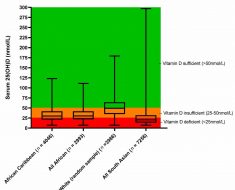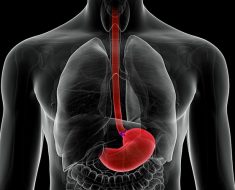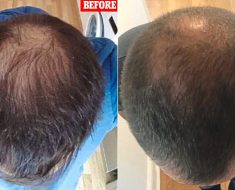
A novel statewide incentive program intended to improve “warm hand-offs” from Pennsylvania emergency departments to opioid use disorder treatment programs is associated with a 50% improvement in the initiation of medication-assisted treatment in Medicaid-enrolled patients, according to new research from University of Pittsburgh, Howard University, Johns Hopkins University, University of Pennsylvania and Vital Strategies scientists. The finding, published today (March 24) in JAMA Health Forum, points to a potential policy approach to reduce overdose mortality rates, which are particularly high after emergency department discharge.
The analysis examined data on 17,428 Pennsylvanians aged 18 to 64 years who, between 2016 and 2020, were enrolled in Medicaid and visited an emergency department because of an opioid use disorder. The study compared outcomes among people seen in hospitals participating in the Opioid Hospital Quality Improvement Program, a statewide financial incentive program designed to increase engagement in opioid use disorder treatment through emergency department-based initiation of the addiction treatment medication buprenorphine, with hospitals that did not participate.
In addition to increasing prescription fills for buprenorphine, the study found that the program was associated with an improvement in obtaining any form of substance use disorder treatment—including outpatient community treatment programs—within a week of the emergency department visit.
“Emergency department-based initiation of buprenorphine has been shown to increase engagement in outpatient treatment and reduce the risk of subsequent opioid overdose. However, rates of buprenorphine treatment in the emergency department and follow-up care for opioid use disorder remain low in the U.S.
“Our study shows that state programs, such as Pennsylvania’s, that financially incentivize hospitals to drive opioid use disorder treatment practice changes may be effective and should be considered nationwide as part of a multifaceted approach to mitigating the opioid epidemic,” said lead author Keisha Solomon, Ph.D., who did the research as a postdoctoral fellow at Johns Hopkins Bloomberg School of Public Health and is now a research scientist in the Department of Economics at Howard University, and senior author Julie Donohue, Ph.D., chair and professor of the Department of Health Policy and Management at the University of Pittsburgh School of Public Health.
More information:
JAMA Health Forum (2023). DOI: 10.1001/jamahealthforum.2023.0245
Journal information:
JAMA Health Forum
Source: Read Full Article





